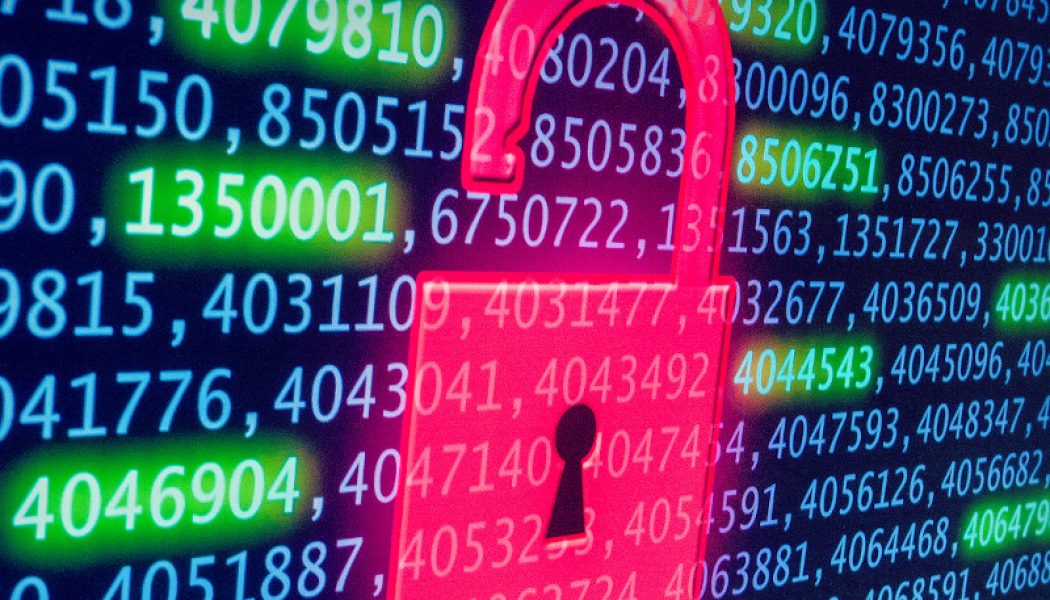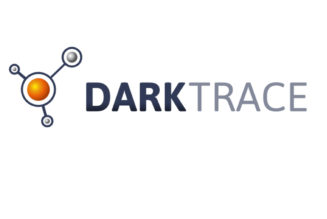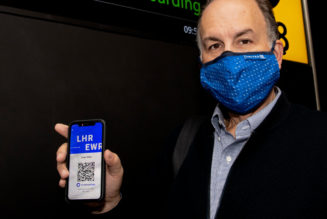Passwords are the most common method of authentication, but they only work if they are hard to crack and confidential. And with an increasing number of applications requiring them, it can be hard to come up with new ideas for complex passwords and keep them all in your mind – especially when users may be required to change their passwords regularly.
87% of South African users are thinking up their own passwords, while 72% say they are unaware about how to check if any of their credentials have already been leaked – according to the latest Kaspersky report, ‘Defending digital privacy: Taking personal protection to the next level’.
This highlights the need to store passwords securely and look out for possible instances when these credentials could be leaked.
According to Kaspersky’s report, 63% of local users claim they remember all of their passwords – which can be difficult if security requirements such as password complexity and uniqueness are to be satisfied. Furthermore, 10% keep them written in a file or document stored on their computer, while 18% use the browsers on their computers, smartphones, or tablets to store their passwords.
However, there are some ways to check if your password has been leaked. For instance, services such as Have I Been Pwned? maintain a database where users can check if their passwords have been included in public leaks or data breaches without visiting the sketchier parts of the web.
To ensure the safety of personal data, try these two steps:
- Minimise the number of people you share account login information with and never leave passwords where others might find them – be it on paper or on a device. Keeping them on sticky notes or a pad might be tempting, but it will also be just as easy for others to access things you don’t want them to
- Use strong and robust automatically generated passwords. This will produce secure, unique passwords for each account every time and help you resist the temptation to re-use the same password more than once











